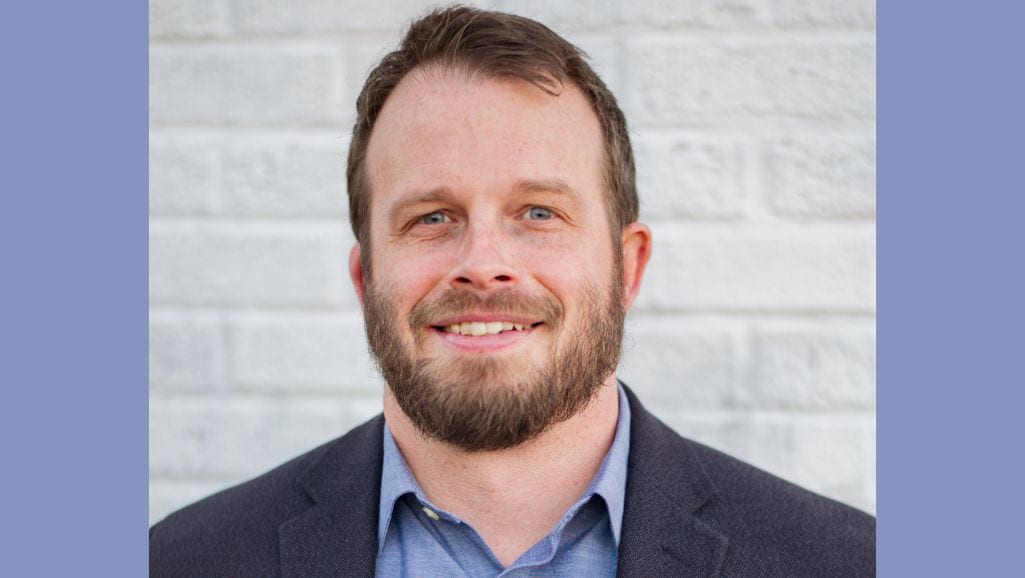Congratulations to John Martin on receiving a Joyce Chapman Community Grant for the project “A community-based research team on musculoskeletal pain in African Americans”! In partnership with Michael L. Neal, Pastor at the Glorious Light Church and Director of the Timothy Community Corporation, Martin will develop an 8-member team with lived experience with musculoskeletal disease from the congregation and local community to share their experience of pain, discuss the results of a preliminary survey on social factors and musculoskeletal health, develop a community-focused survey, and plan future prospective studies of musculoskeletal health in their community. Read more about C3EN’s Joyce Chapman Community Grant projects and apply for a grant HERE.
Dr. Martin is an Assistant Professor in the Department of Orthopedic Surgery at Rush University. He is a biomedical engineer with a research focus in degeneration, regeneration, and physical function of the musculoskeletal system, primarily the spine. His research group develops medical imaging and data science tools to link joint disease and patient factors for a holistic view of disease. Currently, his work evaluates how socioeconomic factors and physical fitness are related to spine disease and low back pain.
How did you become interested in health equity?
I studied spine disease and back pain in graduate school and as a postdoc, using engineering principles to understand how the physical anatomy of the spine could contribute to back pain. My results and that of others suggest that many people with no pain have degenerated spines, while many people with pain have healthy spines. So the relationship between spine anatomy and pain is murky.
During the pandemic, when research facilities were shut down for human subjects research, we performed a study on an open access arthritis dataset and developed a way to screen 1000+ variables for their relationship to back pain severity. We expected age, sex, and BMI to be contributors, but we found that the top 2 out of 1000+ variables were income and education. Now my research group focuses on how social determinants of health are related to spine disease and low back pain.
How did you become interested in your C3EN minigrant research topic?
I participated in the IIT/ITM community-based participatory research training and learned about community-based research strategies to assess what community/social factors affect health. As part of this training, there was a researcher/community leader matching program where I met Pastor Michael Neal from The Glorious Light Church in Bronzeville.
Pastor Neal and I were a great match in that we both value physical fitness for overall health–his community center hosts fitness classes like spin and yoga in addition to worship services and other programs. We started talking about forming a team of his community members with lived experience with musculoskeletal disease to develop a survey on factors affecting musculoskeletal health in Chicago. The C3EN minigrant will allow us to form this team and take this first step towards a long-term partnership!
How does your C3EN minigrant project fit into your broader research?
In my lab, we use artificial intelligence and medical imaging to evaluate how personal attributes affect joint health. Our goal is to identify the underlying drivers of joint disease to target the right patients with the right treatments. We have projects on exercise and spine disease, social determinants of musculoskeletal health, and musculoskeletal cancer. The C3EN minigrant allows us to take a deep look at how social factors affect musculoskeletal health by directly engaging community members with lived experience with musculoskeletal disease.

